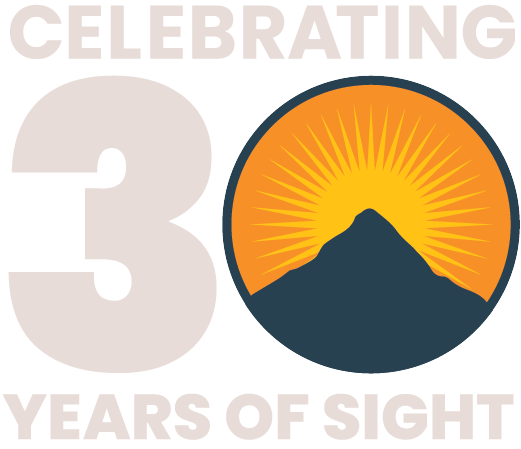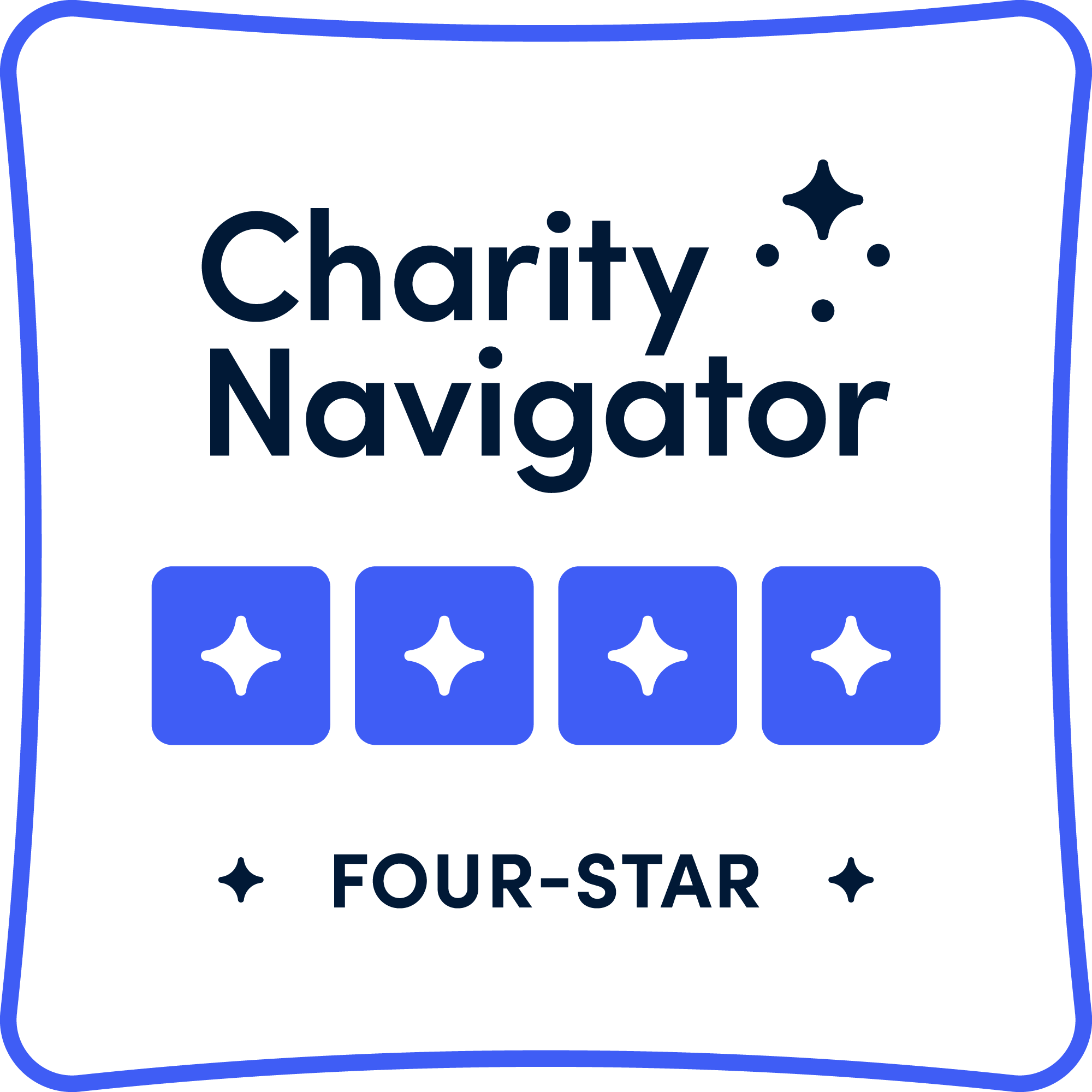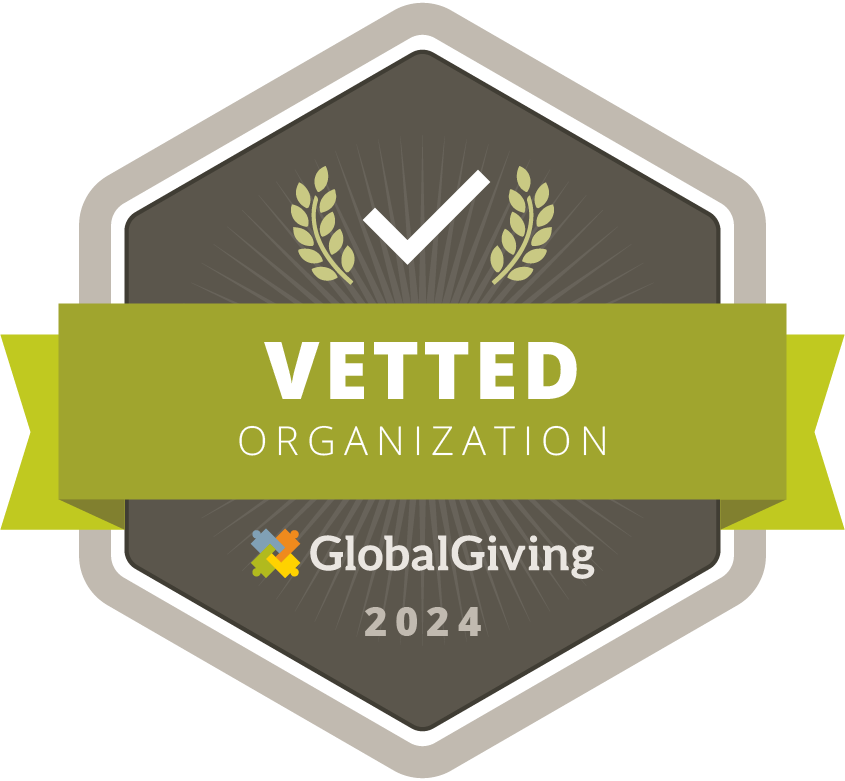New Grants Leading Global Health Research Space
A series of research grants will allow for a comprehensive study of sickle cell retinopathy in Ghanaian children and shape diagnosis and treatment of this prevalent West African disease.
A new $75K research grant will enable learnings into the diagnosis of sickle cell retinopathy (SR) in school-aged children in Ghana. The first-of-its-kind study will work with in-country partners to collect and analyze data to determine the burden of blindness from SR and facilitate best practices for diagnostics, a critical need to start treatment earlier. A second research grant will explore different treatment options and their viability and effectiveness.
Research will be conducted in partnership with Africa Eye Imaging Centre, HCP Cureblindness and faculty at Komfo Anokye Teaching Hospital in Kumasi, establishing it as a center of excellence for retinal care.
Sickle cell retinopathy, explains Dr. Arthur Brant who is working with Dr. Geoff Tabin on this project, is a complication of sickle cell disease and one of the leading causes of retinal blindness in Ghana. The abnormal hemoglobin in sickle cell disease leads to sickle-shaped red blood cells that intermittently occlude blood vessels, which can lead to retinal detachment and blindness.
Genetically passed from parent to child, sickle cell is most prevalent in West Africa (approximately 2% of newborn births). An estimated five million West Africans will develop SC retinopathy by the age of 20.
Ground-breaking Research
One of the greatest challenges with sickle cell retinopathy is early detection. The subtype of Sickle Cell Disease (SC-SCD) that causes retinopathy oftentimes has few systemic manifestations. Patients are oftentimes unaware of their sickle cell status, and health literacy for sickle cell retinopathy remains low. The ability to diagnose both sickle cell disease and sickle cell retinopathy remain important health challenges in West African countries. Our research aims to address both of these challenges - using novel imaging protocols to diagnose sickle cell retinopathy and trying to use cell-phone based images and artificial intelligence to potentially diagnose sickle cell disease.
Collecting data will take an estimated 12 months due to the challenges of obtaining consent in children attending boarding schools and the logistical challenges inherent to collecting blood samples and clinical images for over 10,000 students.
“It’s an exciting time for global ophthalmology. This research in partnership with local doctors will pioneer new ways to diagnose and treat entire populations,” explains Brant. Funding for the project is coming through numerous fronts, including the Rosenkranz Grant, Stanford Center for Innovation in Global Health, Research to Prevent Blindness, Vitreoretinal Surgical Foundation, and many anonymous donors.
Template for Future Research
Historically, few institutions in Ghana have led original research, in part due to available funding and overwhelming workloads of staff. Collaborating with in-country doctors for this research will allow for a template for future projects to be initiated and led by local stakeholders. The funds currently allocated to the research are significant, likely exceeding the cumulative sum of all research grants for the teaching hospital’s eye centre. This marks an inflection point for ophthalmic research in Kumasi, Ghana.

Being more intimately involved in their respective country’s medical needs, local doctors will be well equipped to design research to answer these questions.
Ongoing HCP Research in West Africa
HCP Cureblindness’ relationship with top research US academic institutions allows for the advancement of the field of global ophthalmology with innovative studies that address previously unasked questions. They include:
The Rosenkranz Prize ($100K), given annually to innovate research designed to improve global health in low- and middle-income countries, will design a randomized control trial to determine the optimal treatment for sickle cell in West Africa.
The Stanford Global Health Pilot ($50K) grant will focus significantly on building a sustainable diabetic retinopathy screening and treatment program. This involves teaching residents retinal laser for the first time in Kumasi, Ghana.
The Research to Prevent Blindness (RPB) International Research Collaborators Award ($75K) will allow Stanford, HCP, and Africa Eye to investigate the burden and paths toward universal diagnosis and treatment of sickle cell retinopathy in a pediatric population.
The Vitreoretinal Surgical Foundation Award ($3K and $3K) were given to understand the anatomical patterns of lesion in sickle cell retinopathy and to get a snapshot prevalence of retinopathy of prematurity in a Kumasi NICU.






